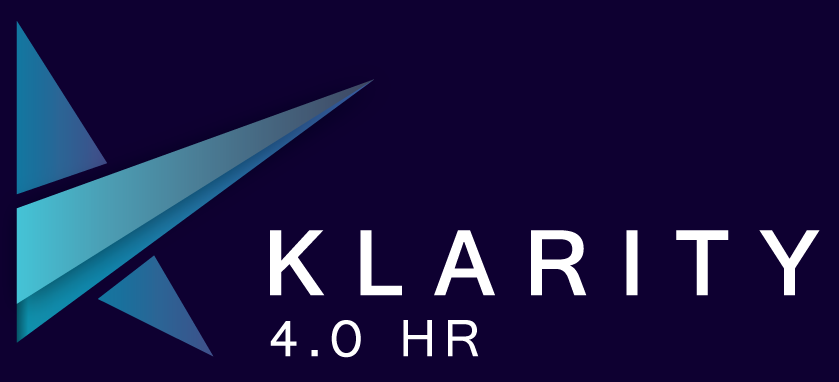Leading Digital Organisations through conversations

Two weeks ago, I attended a fantastic event which started at 12:00 – 13:00 with ‘Networking and Lunch.’ Only one part of that appealed, and the other (for clarity, the Networking) created a knot in my stomach.
I love finding out about other people and their stories, what path led them to where they are today, what fires them up, and what worries them. It’s answering the question, ‘So what do you do, Karen’ that triggers the inner voice. ‘What was it about the elevator pitch,’ ‘do I mention immersive digital learning, or is it simulation training.’ As quickly as I can, I flip the conversation back, ‘so what challenges are you facing around people and skills.’
Over time I have developed what I think is a great strategy. I arrive on time and sit in my car, sitting in the car park at a networking event! I then wait and head into the conference room with just enough time to get a cup of tea and have two great conversations before the presentations start. Genius!
Last week was different, though. Just before I set off, I messaged a good friend telling her how I was feeling, and her reply hit home ‘You’re great at building rapport. Get to that meeting’.
How complicated had I made having a conversation? Instead of listening to the busy voice in my head, I relaxed into rapport and being present. This helped me notice more as my listening improved, and I asked better questions. The quality of insights and connections with new people I met was incredible, and my experience of the event changed; I actually really enjoyed it.
So, where else is this true? How complicated have our conversations in the workplace and our personal lives become?

What if performance reviews could be engaging and inspiring instead of being a dread? There might be boxes to tick and steps to follow, but that does not override the significant space between those steps, which is all manager and team member time.
This is for more than just the formally arranged meetings, though. Impromptu conversations in the corridor, waiting for the Teams call to start, or when we’re late for a Senior Leadership Team meeting and walking through the shop floor. What happens when one of our front-line team stops us to ask us a question?

I recently designed and delivered a Leadership programme for a top-performing global organisation. It was the first development many of their managers had received in a long time or even at all. I focused on the essential skills leaders need to help them become match-fit for their digital future. My design phase research confirmed that the leadership skills required can be developed and do not require leaders to build their Data Programming skills.
Interestingly, where once Emotional Intelligence was the realm of top performers, it is now considered the entry-level requirement for managers and leaders at all levels.
Many outcomes from the programme focused on greater self-awareness. With comments like ‘I’m aware now of what I’m thinking and feeling when someone else is talking. Or ‘how I might have interrupted to quickly resolve the issue under pressure to achieve the customer orders on time .’With their self-awareness, habits began to change, and listening, questioning, and empathy skills improved, both at work and home. Even more exciting and fulfilling for me was that the leaders were practicing these skills authentically, not needing to borrow the characteristics of superhero leaders.
They were making a difference to their team and family members by being themselves with new and enhanced skills.
What does this mean for Leaders and the workplace of the future?
According to a recent article by CCL (Center for Creative Leadership), “regardless of where a leader falls in your organisation chart, strong conversational and coaching skills are essential. Challenges like the global COVID pandemic, widespread political and economic uncertainty, and the recent rise of remote and hybrid workforce models….interpersonal relationship-building and effective virtual communication are required to build high-performing, geographically dispersed teams”.

In addition, as the focus increases on Digital Technologies and Digital Transformation, it is worth remembering that the greatest value comes from the human and technology working together. This then places higher (not less) demand on leadership capabilities such as collaboration, empowerment, engagement, and adaptability.
As workplace pressure increases, we can often focus on the immediate task and problem-solving or, in my case, trying to remember the specifics of an elevator pitch. What difference could a pause, skilful listening, and a perceptive question make to your next conversation?
